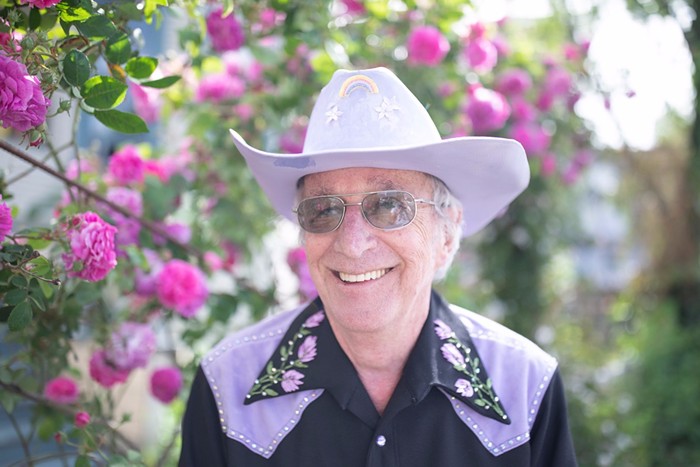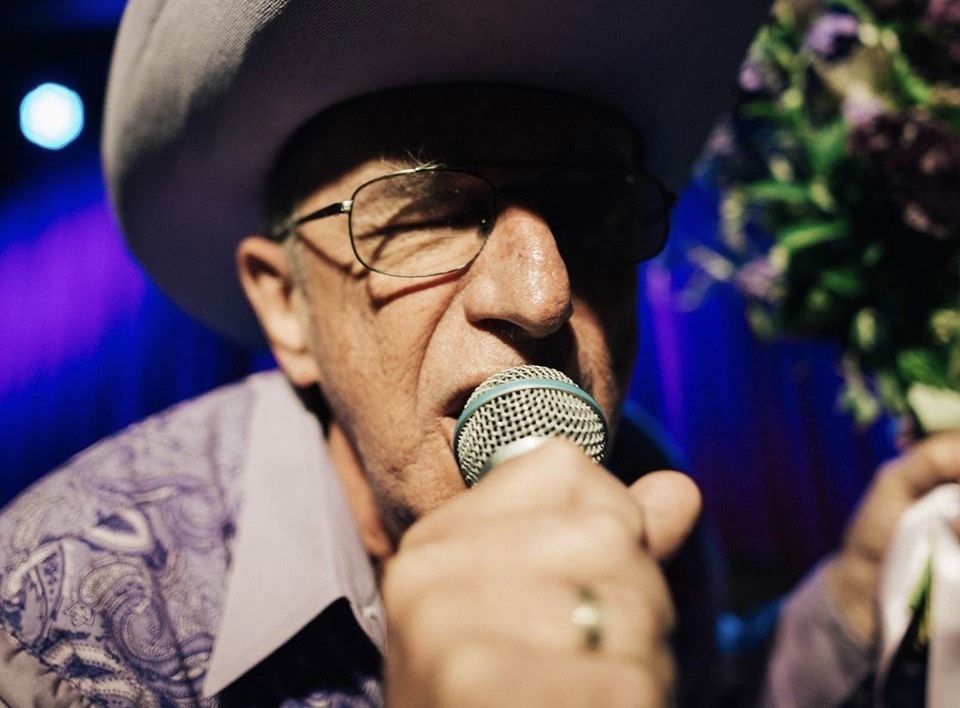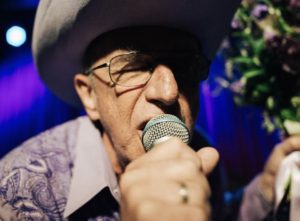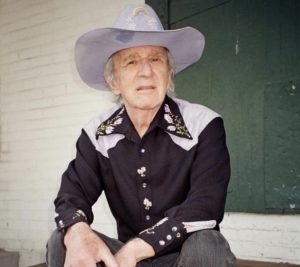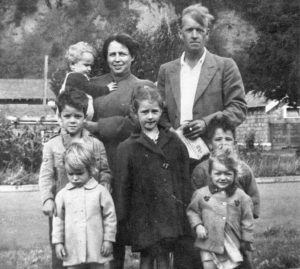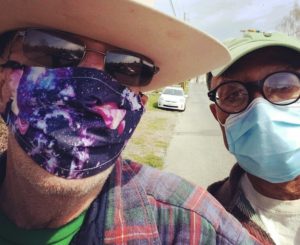In the second part of this two-part interview with Patrick Haggerty, the reissue of Lavender Country’s eponymous album is just the start of things, as there are plans to immortalize Haggerty’s life in more ways than one.
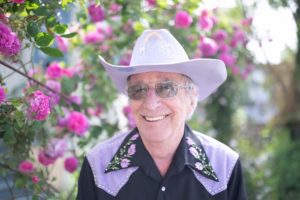
How did the resurgence of Lavender Country happen? We were ostracized by everyone in music, for like 40 years. And then, “boom,” Lavender Country blew up in 2014 when they reissued our music that year, and my life changed. The very fucking thing that made me poison, now made me prominent. And now they all want to play with me, so go figure. How has your life changed since the resurgence? We’ve done about 150 to 200 shows in the last five years. There have been multiple documentaries. They even turned Lavender Country into a fucking ballet for the San Francisco Ballet. I sang live while they did the ballet—it was fabulous. They’re even talking about doing a Broadway musical about me. Also, someone in the industry is shopping around a screenplay that he wrote about my life and Lavender Country.
ADVERTISEMENT

What are your thoughts on fame? It’s getting to the point where I’m getting recognized by the scene. Particularly, in the gay scene. I get to be the activist that I always have been, and I get to get my message out to a much larger audience. And who wouldn’t like that? But I don’t like being idolized. Certainly my husband and my children don’t idolize me. What song or album would you like to be remembered for? I guess, “I Can’t Shake the Stranger Out of You.” The song is about the difference between hot sex and real intimacy. What’s the last song that you wrote? It’s a song called, “Sweet Shadow Man.” It’s not about me. The narrator of the song in a young white guy in Bogalusa, Louisiana, who’s on an adventure to have a secret affair with a black man. The narrator has all this racist baggage, but he has the affair anyway, out of lust. Are you working on a song now? Yes, it’s called, “Big Silver Bird.” It’s a song about my son, and it’s about my attitude about being white and gay, but raising a black child. It’s about some of the inadequacies that I had in raising him. The “big sliver bird” is the airplane.
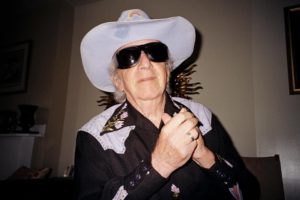
Speaking of music, who’s the best male country singer? Hank Williams, followed very closely by Johnny Cash. Who’s the best female country singer? Pasty, darling—that’s a given. She’s from my generation, and I understand her story… Her story is very poignant. Who’s your favorite county artist of all-time? Patsy’s my favorite. I do like Dolly, too. My dream is to get on Dolly’s radar and record a number with her. I could just die after I do that. Do you do any Patsy numbers live? Yes. I sing, “Walking After Midnight,” but I preface it with a little story. I say, “Now Patsy. What do you know about walking after midnight, trolling for men? Sorry, darling, but let me handle this one.” Who’s your favorite gay artist or activist? Well, certainly Harvey Milk is an inspiration to us all. I actually met him once. If I had to pick a gay hero, it might be someone you never heard of. His name is Faygele benMiriam. He was the first person to apply for a marriage license for a gay marriage in 1971.
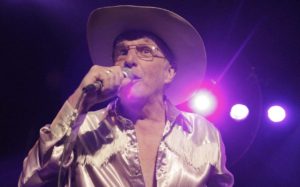
Which one of your old jobs least prepared you for what you do now? Selling bibles in the San Francisco East Bay area. I was desperate, man. It was after I got kicked out of the Peace Corps. I didn’t last too long at it. Will you ever retire? Probably not. What’s the weirdest question that a fan’s asked you? “Have you ever had sex with a woman?” What other celebrity did you act like a “fan” around? Darling, I don’t think that I acted like a fan around any of them. The closest answer would probably be Joan Baez. I admire her activism. What’s the best place that you’ve ever visited? It was called Press Valley, and it’s in the Olympic National Park. It’s a rain forest, and it’s deep in the heart of the Olympics. I took my brother there once, and we dropped acid before we got there. But even if you’re not on acid, it looks like something out of a fairy tale. What do you want to live long enough to see? Revolution. A transformation into international social revolution. I want to see capitalism die.
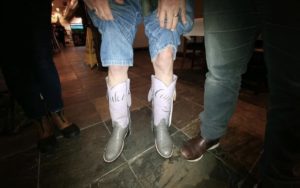
What were you doing before we talked? I was talking to a friend who was “boo-hoo” about not getting tenure. She’s a professor. She feels that she’s being discriminated against, so I walked her through it. Either living or dead, who’s the greatest political figure in America? Malcom X. If you could bring one person back from the dead, who would it be? Oh, my dad. Oh, of course. My dad, my dad, my dad. And all of my girlfriends who died in the AIDS crisis, too. Where would you go in a time machine? Back to a peep show. Who are you closest with? My children are way more important to me than anything else, including Lavender Country. And my husband is second-important after them. What’s your greatest regret in life? I have a lot of regrets, but I don’t spend much time regretting. One that comes to mind was that I met a very good looking man at a peep show, but I didn’t go home with him. I regret not going home with him. The sex that we had in the peep show was fabulous (laughs). And finally, where can we see you? Hopefully, on the road soon!
